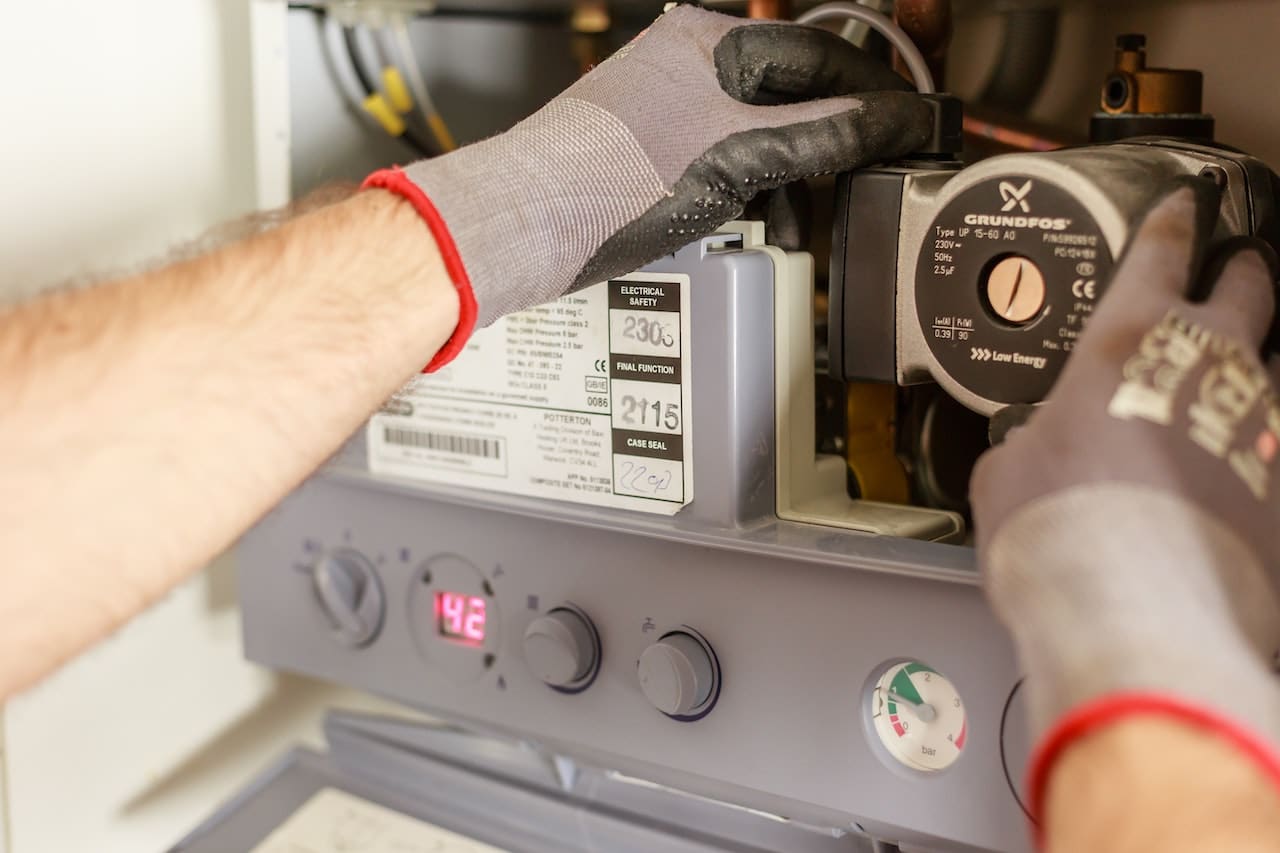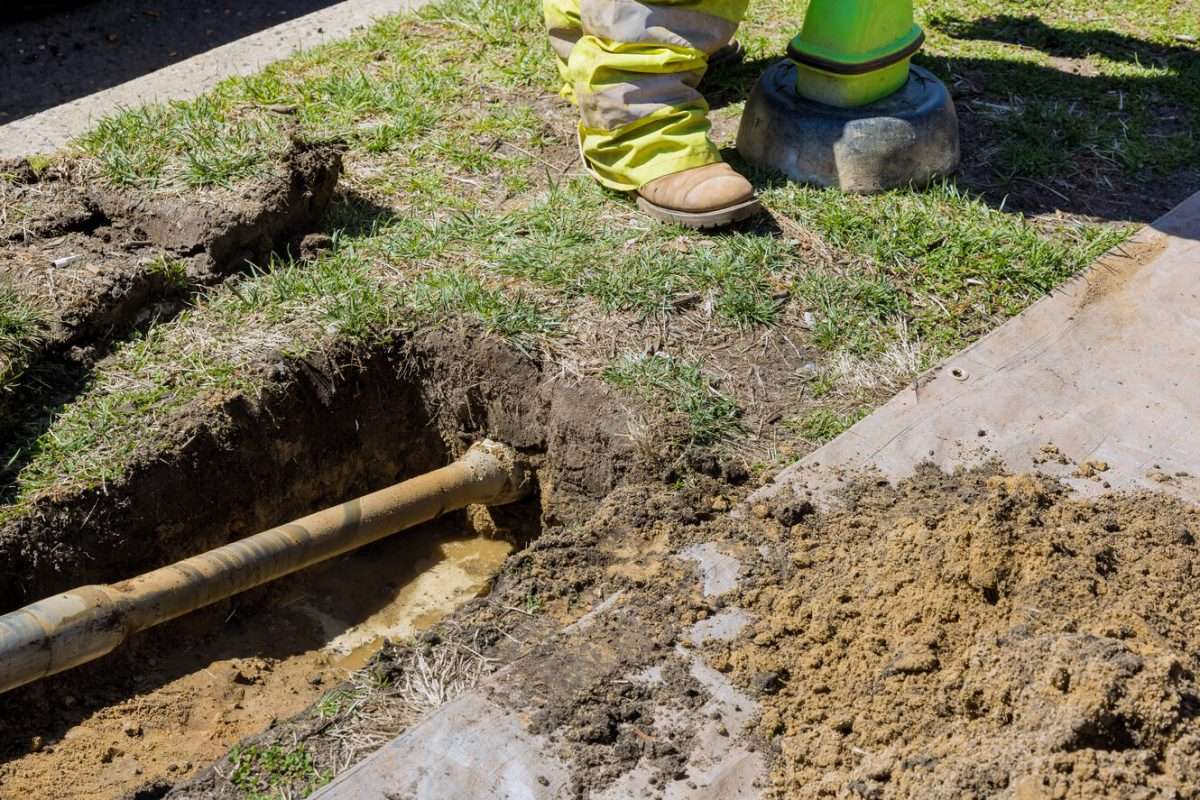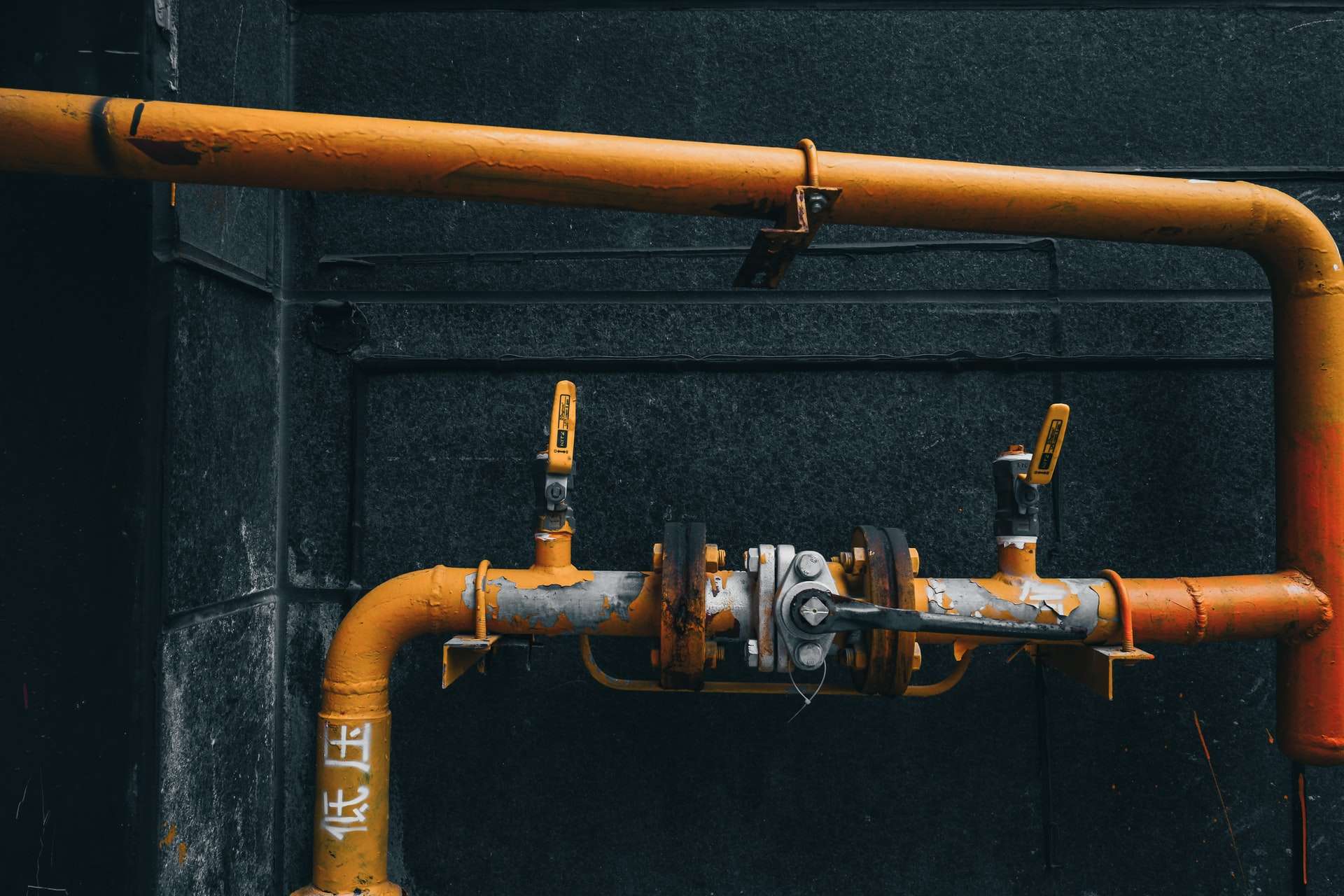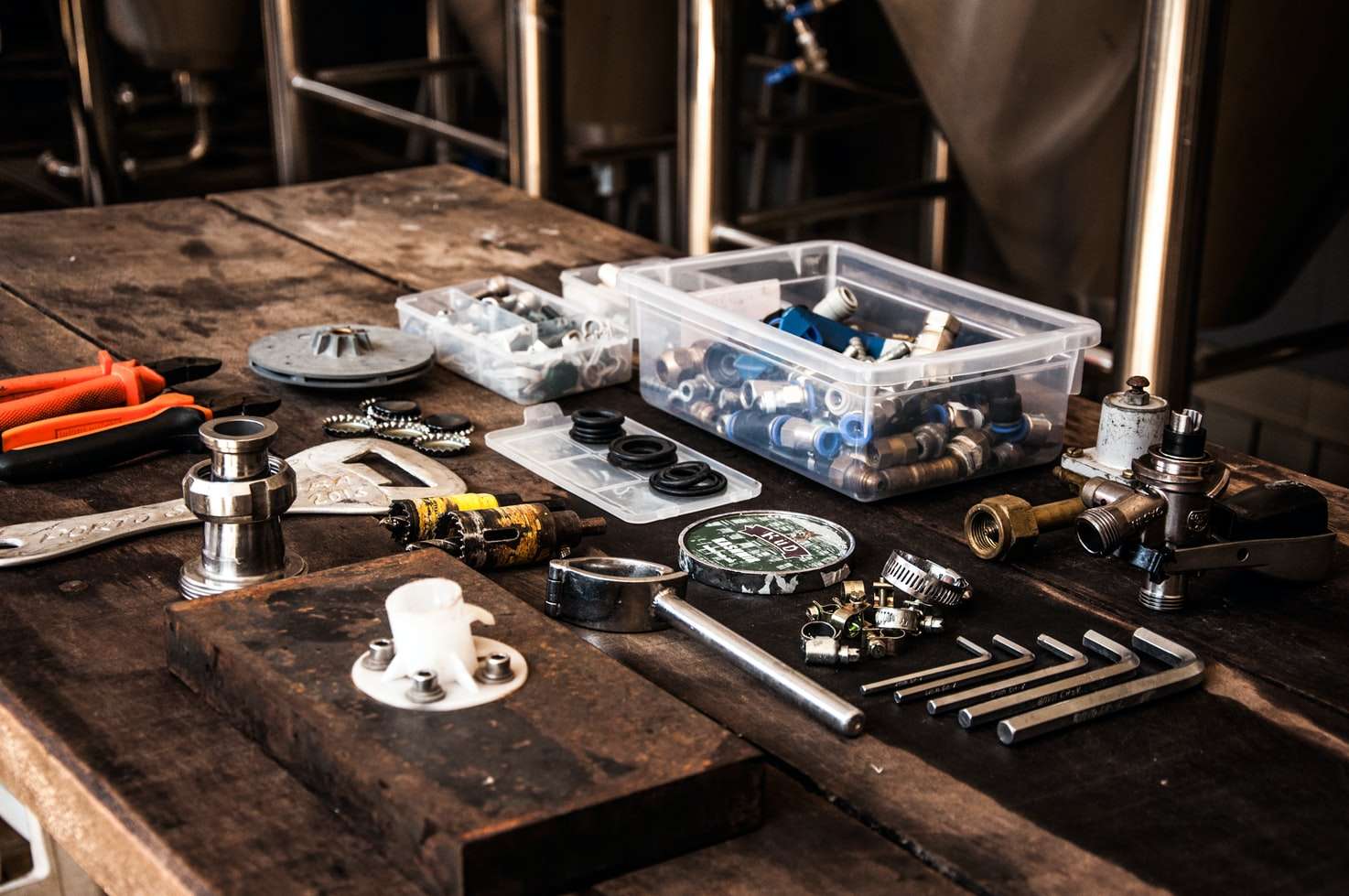We often want to get things done quickly and easily because we believe it will save us time. It can also be a recipe for disaster at times. For example, when we hurry to get somewhere after eating, we toss leftover food into our sinks and finish the cleaning process.
Leftover food can sometimes clog our drains, causing additional kitchen plumbing issues, and will require you to look for a clogged drain service expert. These “quick fixes” may result in more time-consuming and costly problems.
The following are the most typical plumbing errors to avoid and their associated consequences.
Overtightening Connections
Kitchen fittings are made of lightweight and durable materials. However, they are not strong enough to withstand overtightening. Understandably, you want to ensure that it is tight to prevent leaking after fitting, but there is a significant risk of cracking for the end couplings if tightened excessively. The crack may not appear immediately, but it will develop over time if you do it frequently, resulting in leaking and flooding.
Additionally, plastic fittings get over-tightened often. People believe the plastic fittings are as strong as metal fittings and tighten them as tightly as possible, resulting in the plastic fittings breaking.
Another example is toilet bowl connections. When installing the toilet bowl on the closet bolts, tighten it properly, or the porcelain will crack, rendering the toilet inoperable.
Improper Type and Wrapping Direction of PTFE Thread Tape
Teflon tapes (PTFE Thread tapes) are commonly wrapped around pipe coupling threads. Dressing it should be done in the tightening direction of a pipe. To avoid confusion, there are two kinds of threads:
- Tightening is done counter-clockwise on the left-hand thread
- Tightening is done clockwise on the right-hand thread
Make sure to test which direction to tighten the connections and wrap the Teflon tapes in the tightening direction. When tapes are wrapped in the wrong direction, the tape unwinds, breaking the desired seal and allowing leaks to occur.
If you wrap it in the wrong direction, reapply tape for three turns in the correct direction to avoid wasting the already-applied tape.
Always remember to apply the thread to appropriate fittings:
- Connections for threaded gas lines (gas rated tape that is color-coded with yellow)
- Fittings for water (usually white or thick pink thread tape)
- Do not use on any heated or compression-fitted fittings.
Dishwasher Drain Cleaning Chemicals Harmful Effect
Chemical drain cleaners contain acid. This acid is designed to dissolve obstructions in plumbing pipes before washing down with water. Everything it comes into contact with will be dissolved, including the dishwasher seals, drain hose, and inside.
Having your drains cleaned by a skilled plumber is preferable to using a chemical drain cleaner in your dishwasher. Another difficulty with drain cleaners is chemical residue, which can also harm your system in many ways.
Conclusion
When something goes wrong with your plumbing, you don’t realize how much you rely on it. It’s natural for your home to develop certain plumbing troubles as it ages, whether it’s a dripping faucet here or a slow drain there. Some of these situations are straightforward enough for you to handle on your own. On the other hand, others are potentially dangerous and should be left to the experts. Knowing the most frequent plumbing issues and their remedies can help you determine when to use your tool belt and call a plumber.
At Candu Plumbing and Rooter, we are the most dependable local plumbers in San Fernando Valley, CA, and we offer a wide range of services at a reasonable price. You can contact us if you want to learn more about the plumbing service areas we cover.





